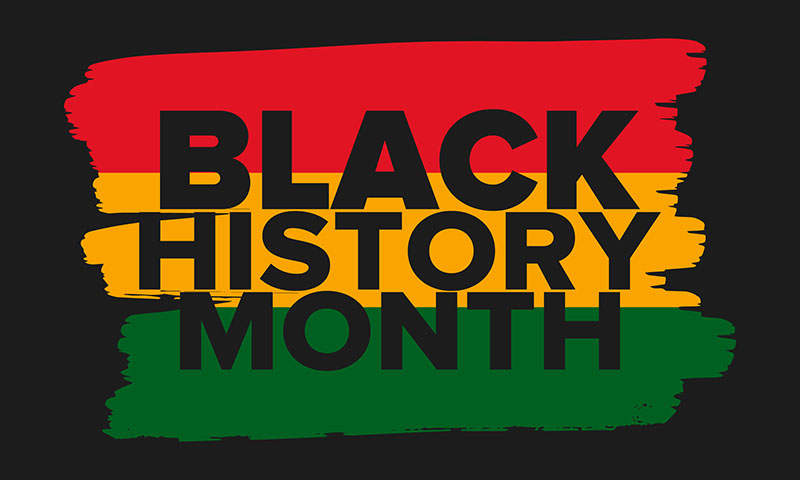Why Is Black History Month Celebrated in February?

Black History Month. African American History. Celebrated annual. In February in United States and Canada. In October in Great Britain. Poster, card, banner, background. Vector illustration
Since the 1970s, numerous celebrations of African American history and accomplishment have been launched with the iconic phrase “February is Black History Month,” from local television programmes like Black History Minutes to presidential proclamations. But why is February chosen to be the month when African American history is remembered?
Also Read:- Why Do We Celebrate Halloween?
How It Started
The Association for the Study of Negro Life and History was co-founded in 1915 by historian Carter G. Woodson in reaction to the public’s lack of access to knowledge about Black people’s achievements. To honour the historical achievements made by African Americans to the United States, the association designated the second week of February as “Negro History Week” in 1926. Prior to the establishment of Black History Week, few individuals studied Black history, and it wasn’t covered in textbooks.
This particular week was chosen because it coincides with the birthdays of Abraham Lincoln and Frederick Douglass, two abolitionists who fought to abolish slavery. During the Civil War, which was mostly fought for the nation’s enslavement of Black people, President Lincoln presided over the United States. The week following its formation, numerous schools and leaders started to recognise it.
When American president Gerald Ford expanded the commemoration to “celebrate the too-often forgotten contributions of Black Americans in every field of endeavour throughout our history,” the seven-day period became known as Black History Month. Since then, February has been designated as Black History Month in the US.
The solution can be found in the works of renowned American historian Carter G. Woodson, who in the early 20th century established the area of African American studies. Woodson and four others founded the Association for the Study of Negro Life and History (ASNLH) in 1915 after being inspired by a three-week national celebration of emancipation’s 50th anniversary. Their goal was to encourage scholars to engage in the intensive study of the Black past, a topic that had long been sorely neglected by academia and in American schools. The Journal of Negro History, the association’s main scholarly journal, was first edited by Woodson in 1916. Woodson inspired his collegiate fraternity, Omega Psi Phi, to start Negro History and Literature Week in 1924. Two years later, in February 1926, Woodson and the ASNLH established Negro History Week in an effort to draw more attention to African American history.
Two historical persons who have had a significant impact on Black history were born in February: U.S. Abolitionist, author, and orator Frederick Douglass, an African American, and President Abraham Lincoln (born February 12), who issued the Emancipation Proclamation, are two historical figures (born February 14). Since Lincoln and Douglass passed away (in 1865 and 1895, respectively), the Black community has honoured them on their birthdays for their contributions to the freedom of African Americans and the advancement of civil rights. By establishing Negro History Week in February, Woodson aimed to both honour the immeasurable contributions of Lincoln and Douglass and to broaden the scope of an already established celebration of the Black past to include not only the history and accomplishments of these two great people but also the history and accomplishments of Black people in general.
Some towns had declared February to be Negro History Month as early as the 1940s. Negro History Week had evolved into Black History Month in an increasing number of locations as the American civil rights movement and Black consciousness grew in the 1960s. The organisation that Woodson had founded (later renamed the Association for the Study of African American Life and History) helped to institutionalise Black History Month in the United States and throughout the world in 1976. Americans were advised to observe it by President Gerald Ford. The same would be done by all succeeding presidents, who would occasionally refer to the occasion as National Afro-American (Black) History Month or National African American History Month.








